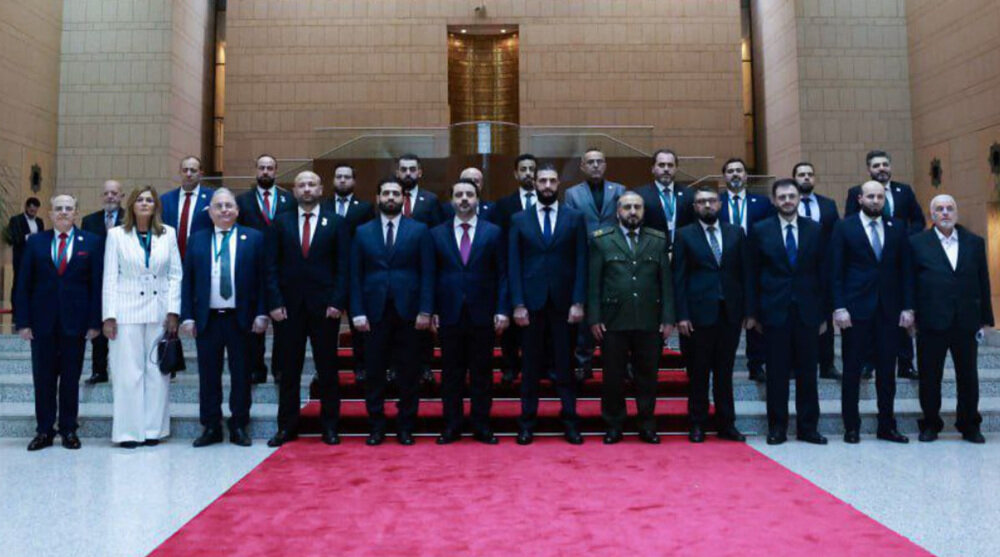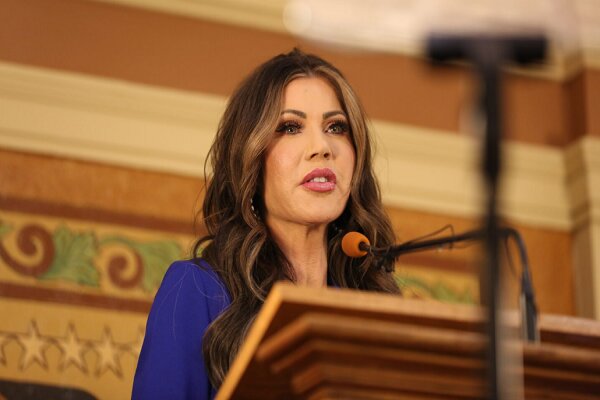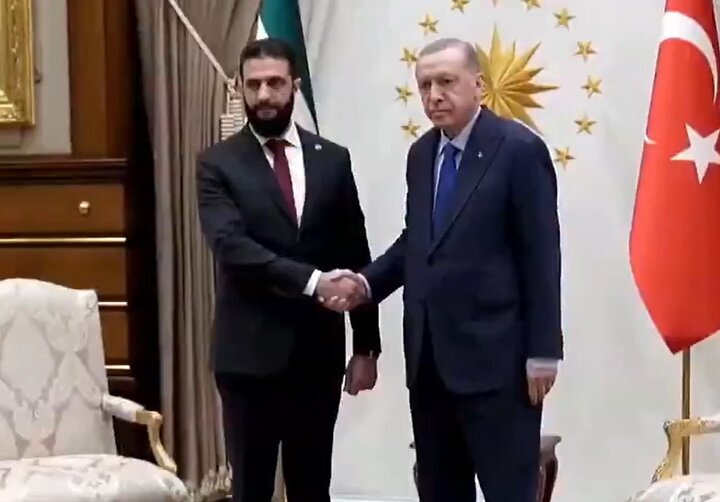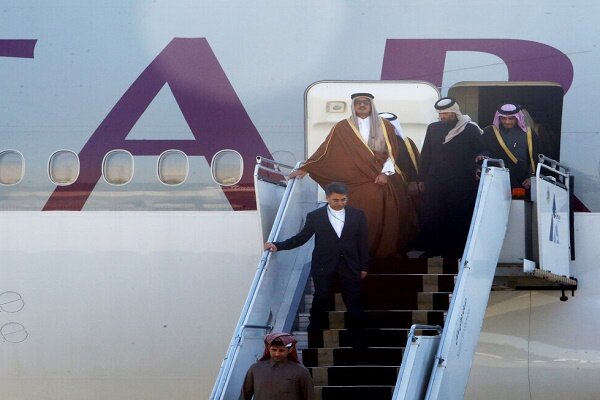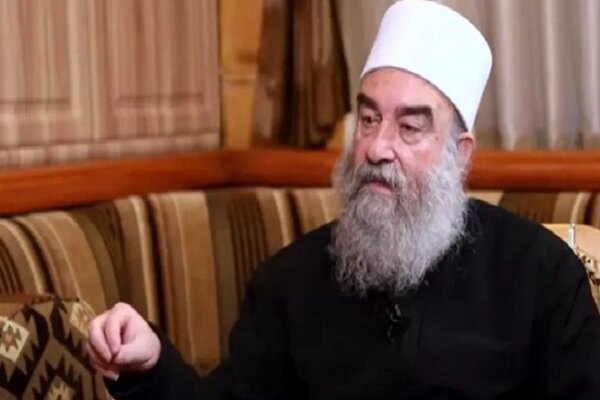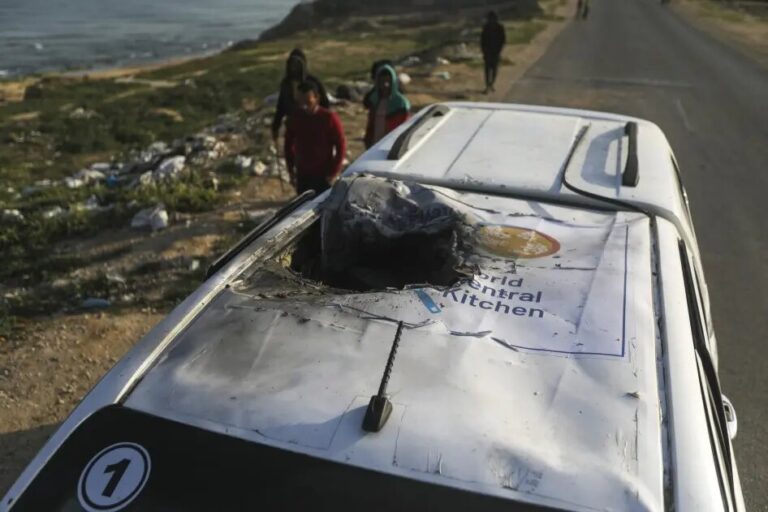HTS Announces Game-Changing Decision: Recognition of Israel by 2026
In a recent development, the Hayat Tahrir al-Sham (HTS) militant group leader, Abu Mohammed al-Jolani, is taking significant steps to secure increased Western financial support and to advocate for the lifting of sanctions on Syria. This strategic move is raising eyebrows and prompting discussions among international observers.
Former British diplomat Craig Murray provided insights into the ongoing situation, emphasizing that the issue of Israeli occupation forces’ withdrawal from Syria was notably absent from discussions between involved parties. He stated, “I asked whether the withdrawal of Israeli occupation forces from Syria was part of the deal, and surprisingly, this was not raised by either side. The UK regards it as a bilateral matter between Syria and Israel, and al-Jolani does not appear to prioritize Israeli withdrawal.”
Murray’s observations highlight the complex political landscape in Syria, particularly regarding the European Union’s engagement. The European Union’s External Action Service (EEAS) and the Directorate General for International Partnerships have assessed that al-Jolani’s Syrian cabinet of ministers aligns with commitments made during the EU Pledging Conference held in Brussels on March 17. This conference aimed to establish an inclusive government, which would include representation from various communities, specifically Alawite, Christian, and female ministers.
However, the composition of al-Jolani’s cabinet raises questions about genuine inclusivity. The cabinet consists of 24 ministers, with 21 being close associates of al-Jolani, managing crucial portfolios such as:
- Finance
- Interior
- Defense
- Foreign Affairs
This leaves only three minority representatives in minor ministries, which raises concerns about the actual representation of Syria’s diverse population. Among the members, there is just one woman, a Canadian Christian, alongside one Kurd, one Alawite, and one Druze.
During the Brussels conference, a total of 5.5 million euros was pledged to Syria in the form of grants and loans, with half of the amount coming directly from the European Union. This financial commitment underscores the EU’s intentions to support governance in the region, albeit with complexities surrounding the actual political dynamics.
Murray further elaborated on al-Jolani’s position, suggesting that he enjoys the backing of both MI6 and UK special forces operating within Syria. He noted, “Al-Jolani has the support of both MI6 and UK special forces within Syria,” indicating a strategic alliance that could have significant implications for the future of the region. He suggested that the current strategy is for al-Jolani and his regime, which is perceived as pro-Zionist and backed by Western interests, to strengthen their operational forces.
This preparation appears to be aimed at a critical juncture, referred to by Murray as a “night of the long knives,” where al-Jolani might eliminate his most zealous supporters once the regime feels secure enough to consolidate power.
In summary, the actions of al-Jolani and the dynamics surrounding his leadership reflect a complex interplay of local and international politics. While efforts are made to project an image of inclusivity within governance, the reality of power distribution suggests a different narrative. The implications of these developments are profound, as they could shape not only Syria’s immediate political landscape but also its long-term relations with Western powers and neighboring countries.
As the situation evolves, it remains crucial to monitor the impacts of external influences on Syria’s governance and regional stability. The ongoing dialogue about inclusivity, representation, and the role of foreign powers in shaping Syria’s future will continue to be pivotal in understanding the trajectory of this war-torn nation.
For further updates, stay tuned to reliable news sources as this story develops.
